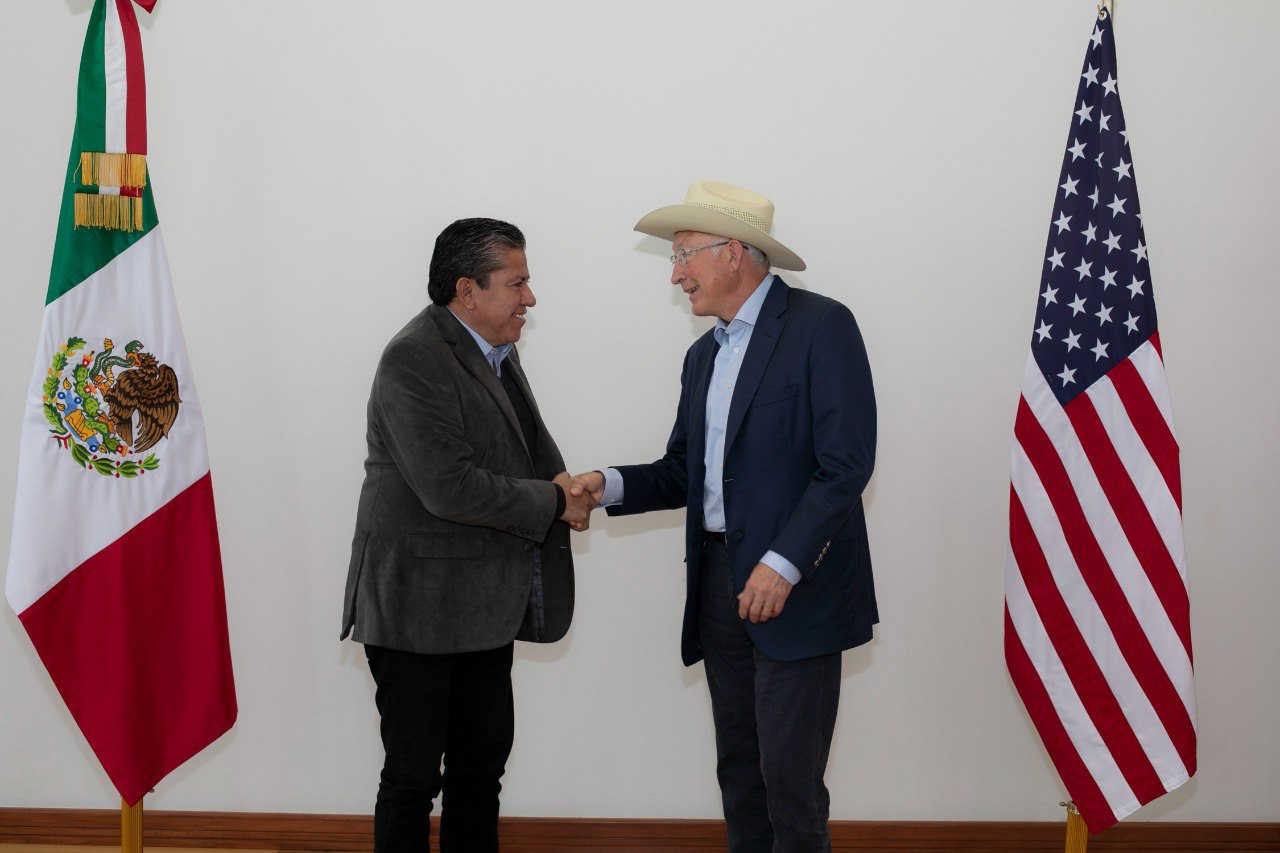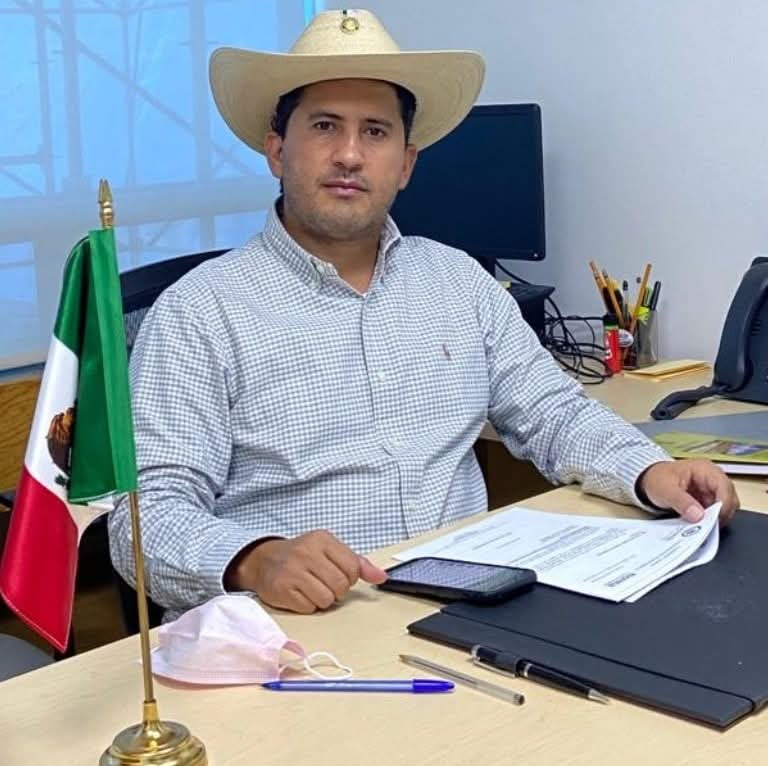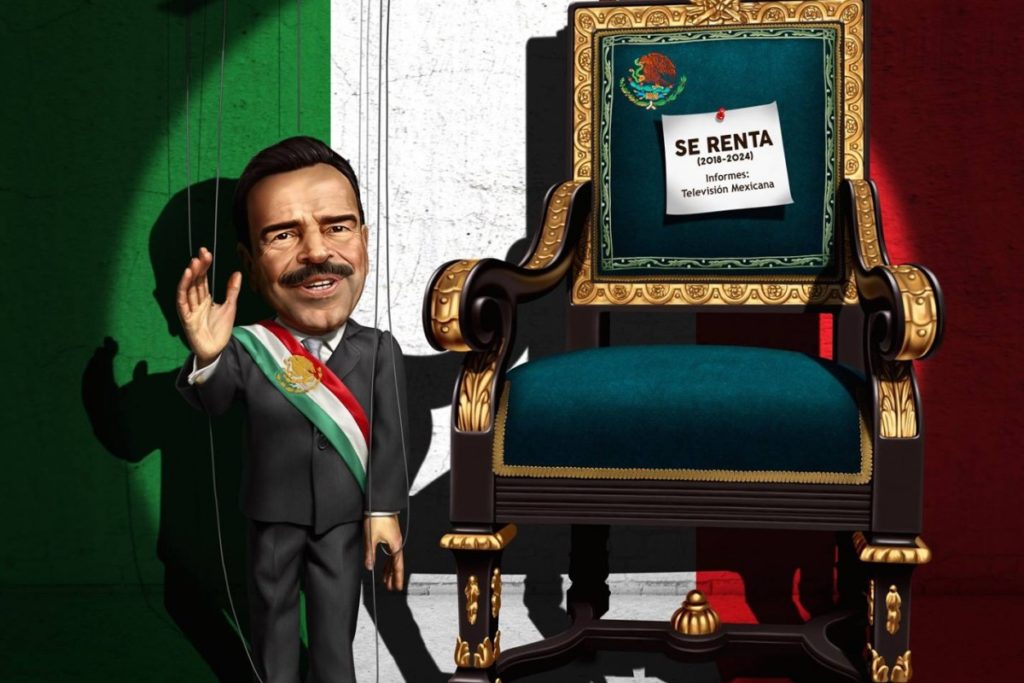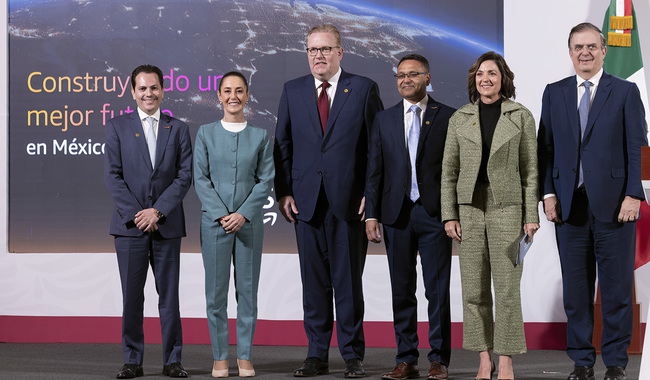After United States Ambassador to Mexico Ken Salazar boasted about a security agreement between several U.S. federal agencies and the government of the state of Zacatecas, Mexican President Andrés Manuel López Obrador dismissed it as unconstitutional.
On October 6, Mr. Salazar and U.S. agency representatives held a meeting with Zacatecas government officials, including state governor David Monreal Ávila to ensure a bilateral agreement to advance peace efforts in the state that’s about an eight hour drive north of Mexico City.
According to a video posted on Mr. Monreal’s Twitter account, the agreement was anchored in the recovery of peace in Zacatecas, with the governor assuring that his state could become a key player between the U.S. and Mexican commerce. In August, the U.S. State Department had issued a travel alert urging U.S. citizens not to travel to the states of Colima, Guerrero, Michoacán, Sinaloa, Tamaulipas, and Zacatecas, for security reasons.
Hours after Mr. Monreal’s tweet , Mr. Salazar shared a statement of his own explaining the nature of the agreement.
“As I pledged a month ago on my first visit to Zacatecas, I returned to the state with a large team from the U.S. Government to, in a manner respectful of Mexico’s sovereignty, work shoulder to shoulder with the state, federal and municipal governments, as well as with the private sector, civil society, and churches on the security of the people of Zacatecas,” wrote Mr. Salazar.
In his briefing, Mr. Salazar explained the level of involvement the U.S. government would have in Zacatecas’ justice infrastructure.
- International accreditation of three prisons, six forensic laboratories, and one police academy.
- Collaborate with the judiciary of Zacatecas to achieve better procedures in prosecuting crimes and install a gender perspective policy, a legal framework to ensure criminal investigations factor in gender.
- Improve the investigative capacity of the Zacatecas Attorney General’s Office against high-impact crimes such as money laundering and kidnapping.
Furthermore, Mr. Salazar also explained that U.S. federal agencies such as the Federal Bureau of Investigation (FBI), the Drug Enforcement Agency (DEA), the U.S. Agency of International Development (USAID), and the Bureau of International Narcotics and Law Enforcement Affairs (INL) would be involved in the peacekeeping efforts.
On October 10, Mr. López Obrador said that such an agreement would violate the Mexican constitution since, according to article 117, “States may not, in any case, enter into alliance, treaty or coalition with another state or with foreign powers.”
In that context, Mr. Salazar’s “historic” agreement with the Zacatecas government would be in violation of Mexican law.
While the Mexican president assured that the agreement was illegal, Mr. López Obrador said there was no need for a “scandal,” and that Mr. Salazar’s intentions were not to interfere in Mexico’s sovereignty.
However, the President did mention the diplomatic catastrophe between the North American neighbors when the U.S. “improperly and without informing the Mexican government” detained the former head of the Mexican armed forces, Salvador Cienfuegos.
The apprehension of Mr. Cienfuegos by U.S. authorities in October 2020 for alleged drug trafficking charges unfolded a diplomatic storm, with the Mexican government calling out interference in national affairs while passing a bill that cut back the presence of foreign federal officers such as DEA agents in Mexican territory.
A couple of hours after Mr. López Obrador’s comments, Mr. Monreal explained in a press conference that there was nothing to worry about since no official agreement was signed.
However, he did explain that the bilateral talks on Zacatecas’ security were in response to the travel warning issued by U.S. officials in August.









